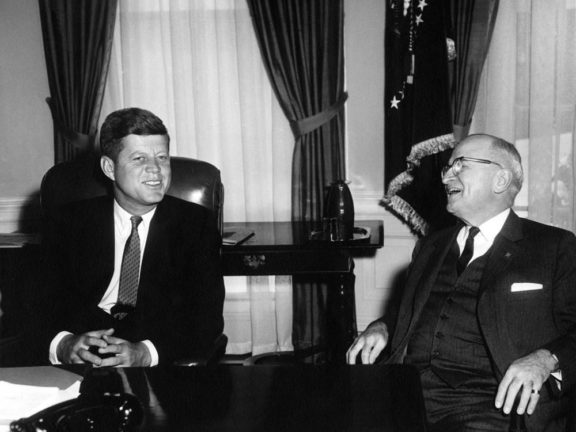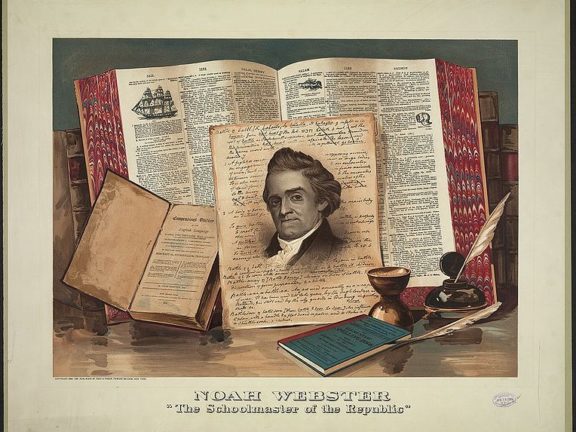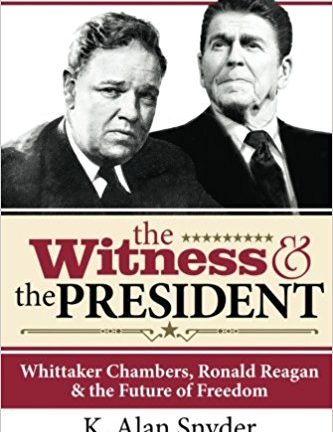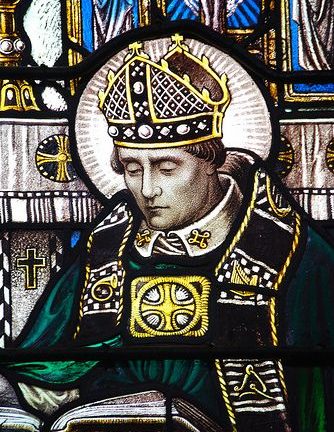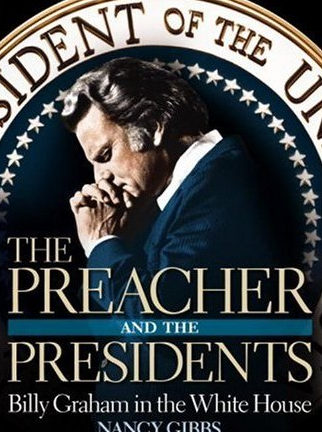The Devolution of the Democrat Party
Democrats and Republicans have always disagreed about policy, but there was a time when the two parties weren’t as polarized as they are today. In my study of American history, the last Democrat president with whom I would have felt entirely comfortable was Grover Cleveland—and that goes a long way back. Yet Democrats weren’t always as radical as they seem to be now. The change in my lifetime has been rather dramatic, and I’m sure many others can attest to… Read more »

